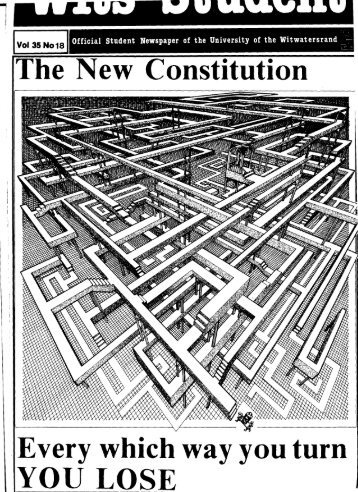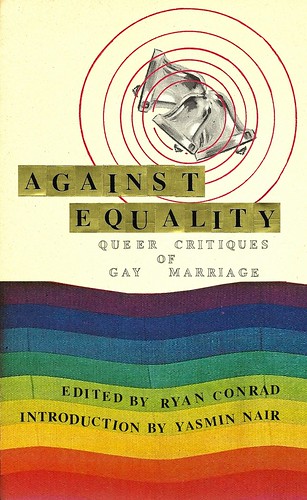An Essay Concerning Human Understanding Book I: Innate Notions.
In the 17th century, English philosopher John Locke wrote about freedom, life, liberty, property and the “pursuit of happiness.” The latter quoted from his 1693 Essay Concerning Human Understanding that “the highest perfection of intellectual nature lies in a careful and constant pursuit of true and solid happiness.” These were his.In the course of the next year Locke's major philosophical works, the Essay Concerning Human Understanding and the Two Treatises of Government, as well as the Letter on Toleration, were published, the latter two anonymously. Locke's final years saw Some Thoughts Concerning Education (1693) and The Reasonableness of Christianity (1695). He was.New Essays on Human Understanding (French: Nouveaux essais sur l'entendement humain) is a chapter-by-chapter rebuttal by Gottfried Leibniz of John Locke's major work, An Essay Concerning Human Understanding.It is one of only two full-length works by Leibniz (the other being the Theodicy).It was finished in 1704 but Locke's death was the cause alleged by Leibniz to withhold its publication.
An Essay Concerning Human Understanding by John Locke at AbeBooks.co.uk - ISBN 10: 0006461492 - ISBN 13: 9780006461494 - Collins Fount - 1984 - Softcover.An Essay Concerning Human Understanding begins with a short epistle to the reader and a general introduction to the work as a whole. Following this introductory material, the Essay is divided into four parts, which are designated as books. Book I has to do with the subject of innate ideas.

John Locke Essay Concerning Human Understanding 1690 Excerpted from Oregon State University's Phl 302, Great Voyages: the History of Western Philosophy from 1492-1776. BOOK II: Locke's ESSAY CONCERNING HUMAN UNDERSTANDING Of Ideas Chapter I Of Ideas in general, and their Original.











